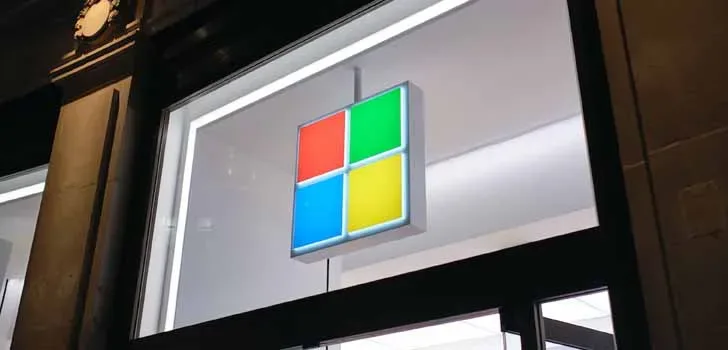The Federal Trade Commission (FTC) is moving to block tech giant Microsoft from acquiring longstanding game developer Activision.
The $69 billion deal would be Microsoft’s biggest acquisition and largest in video game history.
The FTC says the deal would allow Microsoft to suppress competitors to its Xbox consoles, subscription content, and cloud gaming business.
Current Microsoft consoles include the Xbox Series S and Series X.
Microsoft also offers the Xbox Game Pass and a cloud-based video game streaming service.
On Wednesday, the FTC filed a complaint noting Microsoft’s record of acquiring and using gaming content to suppress competition.
The Commission voted 3-1 to issue the complaint.
The FTC files complaints when it believes laws have been broken, policies are violated, or a proceeding is in the public interest.
In the FTC’s complaint against Microsoft, it mentions the company’s acquisition of Bethesda’s parent company ZeniMax.
According to the FTC, Microsoft assured European antitrust authorities that it had no incentive to withhold games from rival consoles.
Following the acquisition, Microsoft made several Bethesda titles, including Starfield and Redfall, exclusives, despite promises to the contrary.
“Microsoft has already shown that it can and will withhold content from its gaming rivals,” says FTC Bureau of Competition Director Holy Vedova. “Today we seek to stop Microsoft from gaining control over a leading independent game studio and using to harm competition in multiple dynamic and fast-growing gaming markets.”
The FTC describes Activision as one of a few top video game developers producing high-quality games for multiple devices—regardless of brand.
Activision also has more than a million active players each month in its games like Diablo, and Call of Duty.
According to the FTC, Microsoft has the means and motive to manipulate Activision’s pricing, change access, and withhold content from competitors.
The FTC says Microsoft control over access to Activision’s franchises would harm consumers and competition.

